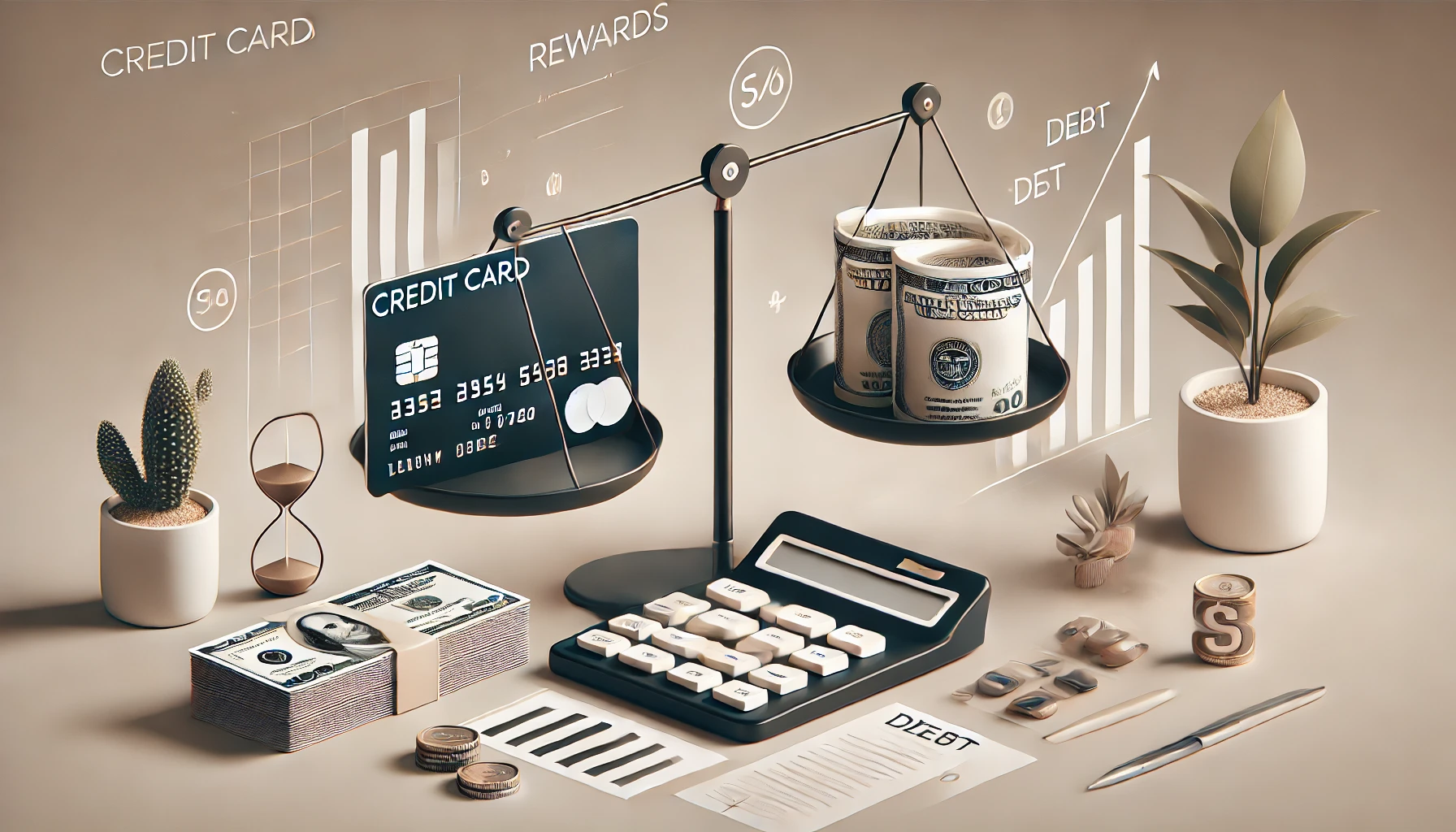Credit cards are one of the most misunderstood financial tools out there. Some people avoid them completely, fearing debt. Others rely on them for every purchase, often without a plan. So, what’s the truth?
Are credit cards your friend or your foe?
The answer depends entirely on how you use them. In this article, we’ll explore the pros and cons of credit cards and teach you how to use them wisely—so they become a powerful ally in your financial journey.
What Is a Credit Card, Really?
A credit card is a revolving line of credit. You’re allowed to borrow money (up to a certain limit) to make purchases. At the end of your billing cycle, you receive a statement. You can:
- Pay the full balance (and avoid interest), or
- Pay part of it and carry the rest (which accrues interest)
Understanding how it works is the first step to using it well.
The Pros of Credit Cards
When used properly, credit cards offer real benefits:
1. Build Credit History
Using a credit card responsibly improves your credit score, which helps you:
- Qualify for loans
- Get better interest rates
- Rent apartments or buy a home
2. Rewards and Cashback
Many cards offer:
- Cashback on purchases
- Points for travel, dining, or shopping
- Sign-up bonuses
These can put money back in your pocket, if you’re not carrying a balance.
3. Purchase Protection
Credit cards often include:
- Fraud protection
- Extended warranties
- Dispute resolution if a product doesn’t arrive or is faulty
This adds a layer of security to your purchases.
4. Emergency Access to Funds
In a tight spot, a credit card can cover urgent expenses—but only as a backup, not a habit.
The Cons of Credit Cards
Used without a plan, credit cards can lead to serious financial problems:
1. High Interest Rates
If you carry a balance, interest can add up fast—often over 20% per year.
A $1,000 balance with 20% interest could take years to pay off with minimum payments.
2. Easy to Overspend
When you don’t see the money leaving your bank account, it’s easier to lose track of spending. This can lead to debt that grows quietly over time.
3. Fees
Common fees include:
- Late payment fees
- Over-limit fees
- Annual fees on premium cards
These eat into your budget if you’re not careful.
4. Debt Cycle
Many people fall into a cycle of:
- Making minimum payments
- Accruing more interest
- Feeling overwhelmed
Without a plan, credit cards can trap you in long-term debt.
How to Use Credit Cards Responsibly
You can make credit cards work for you, not against you. Here’s how:
1. Always Pay in Full
To avoid interest, pay your balance in full every month. That way, you use the card’s benefits without the costs.
2. Track Your Spending
Use budgeting apps or your card’s dashboard to monitor where your money is going. Set alerts for when you’re getting close to your limit.
3. Treat It Like Cash
Only charge what you can afford to pay off right now. If you wouldn’t pay cash for it, don’t use your card.
4. Avoid Cash Advances
Withdrawing cash using your credit card comes with high fees and instant interest. Avoid it unless it’s a true emergency.
5. Use One Card at a Time (If You’re New)
To keep things simple, start with one card and master it before adding more.
6. Choose the Right Card
Look for:
- No annual fee
- Low interest rate
- Useful rewards
- Strong customer service
Compare cards before applying to find the best fit for your lifestyle.
7. Set a Monthly Limit
Even if your credit limit is high, set a personal limit that fits your budget. This helps prevent surprise bills.
Should You Have a Credit Card?
It depends on your habits and your goals.
You may want one if:
- You have control over your spending
- You want to build or improve your credit score
- You pay bills on time
- You’re ready to track your finances actively
You may want to wait if:
- You’re already in debt
- You struggle to control spending
- You’re living paycheck to paycheck
- You don’t have an emergency fund
Credit Cards vs. Debit Cards: Key Differences
| Feature | Credit Card | Debit Card |
|---|---|---|
| Source of Funds | Borrowed from bank | Your own money |
| Affects Credit Score | Yes | No |
| Interest | If not paid in full | None |
| Rewards | Often available | Rarely |
| Overdraft Risk | Possible high debt | Limited to account balance |
Final Thought: The Card Is Just a Tool
Credit cards aren’t good or bad—they’re just tools. How you use them is what makes the difference.
Used with intention and discipline, a credit card can boost your credit score, earn you rewards, and simplify your spending. Used recklessly, it can lead to stress, debt, and regret.
So take the time to understand your habits. Make a plan. And decide if a credit card is the right move for your financial future.
Remember: the smartest swipe is an informed one.
